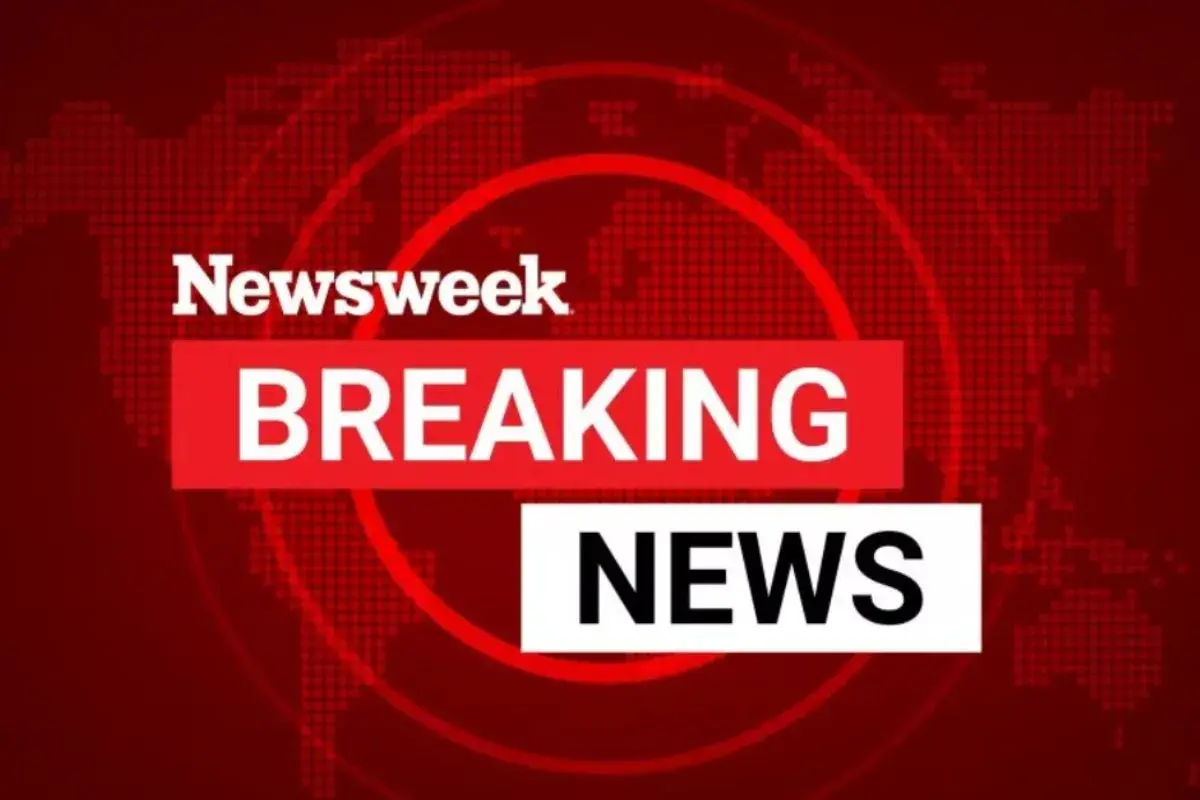A federal judge in Boston signaled Thursday that she may order the Trump administration to pay food assistance benefits to tens of millions of Americans who are at risk of not getting their November payments because of the government shutdown.
Why It Matters
Supplemental Nutrition Assistance Program (SNAP) payments are issued monthly to nearly 42 million low- and no-income Americans. The U.S. Department of Agriculture has confirmed these benefits will not be paid until the shutdown ends.
That decision has prompted legal action from state leaders over whether contingency funds—estimated to be between $5 billion and $6 billion—held by the USDA can be used to pay for food stamp benefits in the absence of regular appropriations. Leaders from 25 Democratic-led states and Washington, D.C., have sued the federal government over the matter.
What To Know
Speaking at a hearing in litigation brought by state leaders on Thursday, Judge Indira Talwani of the U.S. District Court for Massachusetts said: “Right now, Congress has put money in an emergency fund for an emergency, and it’s hard for me to understand how this isn’t an emergency when there’s no money and a lot of people are needing their SNAP benefits."
“Congress told you what to do if there is no money. You need to figure out how to stretch that emergency money for now," Talwani, who was appointed by former President Barack Obama in September 2013, continued.

USDA vs. The States
SNAP is a mandatory program, but it depends on federal appropriations for funding. With those funds on hold during the ongoing shutdown, the USDA has said benefits cannot be issued.
A September 2025 USDA shutdown plan states there is a "bona fide need to obligate benefits for October—the first month of the fiscal year—during or prior to the month of September, thereby guaranteeing that benefit funds are available for program operations even in the event of a government shutdown at the beginning of a fiscal year. These multiyear contingency funds are also available to fund participant benefits in the event that a lapse occurs in the middle of the fiscal year."
But an October 24 USDA memo argues that "SNAP contingency funds are only available to supplement regular monthly benefits when amounts have been appropriated for, but are insufficient to cover, benefits. The contingency fund is not available to support FY 2026 regular benefits, because the appropriation for regular benefits no longer exists."
The states’ lawsuit counters that "USDA suspended SNAP benefits even though, on information and belief, it has funds available to it that are sufficient to fund all, or at least a substantial portion, of November SNAP benefits."
It also notes the USDA has used other funds to continue certain services during the shutdown, such as redirecting money to deliver farmer aid and reopen roughly 2,100 Farm Service Agency offices, and using Section 32 funds to temporarily support the WIC program. However, the lawsuit says the USDA has opted not to use similar authorities to continue SNAP benefits.
What People Are Saying
Dottie Rosenbaum, senior fellow and director of federal SNAP policy and the center-left think tank The Center for Budget and Policy Priorities, said: "Under past shutdowns, during both Republican and Democratic administrations, SNAP benefits have always been provided using available funding sources to prevent a break in benefits. While it is not clear whether past administrations used the contingency reserve or instead used other available funding sources, making use of the contingency reserve unnecessary, the guidance documents from past shutdowns or near-shutdowns make it clear that the SNAP contingency reserve was available to cover regular SNAP benefits."
Republican Speaker of the House of Representatives Mike Johnson said earlier this week: "There has to be a preexisting appropriation for the contingency to be used, and Democrats blocked that appropriation when they rejected the clean continuing resolution.
"The best way for SNAP benefits to be paid on time is for the Democrats to end their shutdown."
What Happens Next
As it stands, unless the government shutdown ends or the legal intervention by state leaders is successful, SNAP benefits for November will not be issued.




















